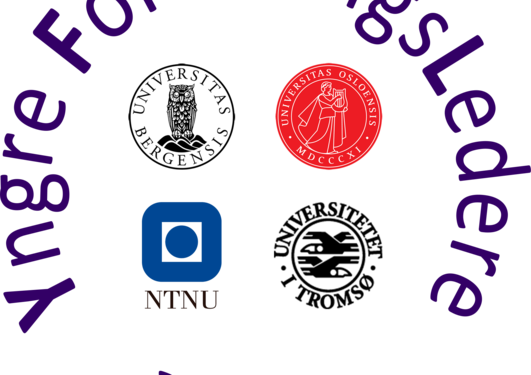Yngvild Sørebø Danielsen
Yngvild Sørebø Danielsen, førsteamanuensis, UiB
Main content
Keywords: Psychological treatment, Eating Disorders, Obesity
Research interests:
- Treatment and psychological aspects of obesity
- Etiology and treatment of eating disorders
- Psychotherapy research (process and effectiveness)
Studies on obesity: The FABO-study is a large RCT comparing Family-based behavioural treatment to treatment as usual at the Obesity Outpatient Clinic at Haukeland University Hospital. The study has included 115 families in treatment and examines physiological, psychological and behavioural outcomes.
Life stories and obesity: Qualitative study exploring how adults with severe obesity understand and give meaning to their own obesity development.
Sleep and obesity: Quantitative project using polysomnography and accelerometers to examine sleep patterns and their relations to obesity, life-style habits and obesity related co-morbidity in children.
eBATTLE obesity is a large multisite obesity treatment trial (RCT) recently funded by KlinBeForsk. The study is a collaboration between all the specialist obesity centers in Norway and will include the development of a psychological e-health intervention as well as examining the effect of GLP-1 analogues in treatment of severe obesity in adolescents. Design: 2-month low-energy-diet followed by 1-yr cognitive behavioral therapy with or without semaglutide.
Studies on eating disorders: The Anorexia Nervosa Study at Haukeland University Hospital. Treatment study evaluating the effectiveness of cognitive behavioural treatment for eating disorders in treating anorexia nervosa. Including a sub-study of gut microbiome in individuals with AN.
Drop-out from treatment of eating disorders study- Mixed methods study examining factors related to drop-out from eating disorder treatment, patient experienced reasons for drop-out and therapist and general practitioners (GP) perspectives on drop-out and how to prevent it. Data sources are registry data and qualitative interviews with patients, therapists and GPs.
Studies on psychotherapy effectiveness and process: RCT comparing emotion-focused therapy and cognitive behavioral treatment of depression and examining treatment processes. In addition to quantitative outcome data, qualitative interviews with patients in both conditions will be used to explore processes of change, together with minute-to-minute analysis of video recordings of the treatment sessions.
Contact information: Yngvild.danielsen@uib.no


